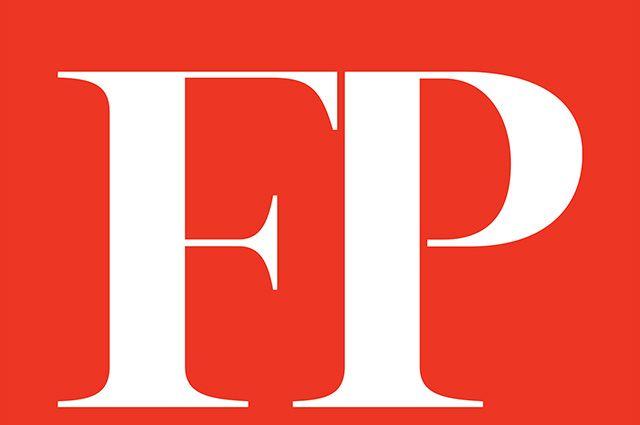-

Hear from Professor Monica Toft
Learn how Professor Monica Toft is shaping the study of global affairs and diplomacy at Fletcher.
Hear from Prof. Toft -

Explore Fletcher academics in action
Fletcher Features offers insights, innovation, stories and expertise by scholars.
Get global insights -
Get application tips right from the source
Learn tips, tricks, and behind-the-scenes insights on applying to Fletcher from our admissions counselors.
Hear from Admissions -

Research that the world is talking about
Stay up to date on the latest research, innovation, and thought leadership from our newsroom.
Stay informed -
Meet Fletcherites and their stories
Get to know our vibrant community through news stories highlighting faculty, students, and alumni.
Meet Fletcherites -

Forge your future after Fletcher
Watch to see how Fletcher prepares global thinkers for success across industries.
See the impact -

Global insights and expertise, on demand.
Need a global affairs expert for a timely and insightful take? Fletcher faculty are available for media inquiries.
Get in Touch
Global Money Shifts to India as Xi Cracks Down on Tech
Bhaskar Chakravorti discusses how investors who had rushed into China are now setting their sights on India, via his latest op-ed in Foreign Policy.

You would think Chinese President Xi Jinping is dead set on kneecapping his country’s much-vaunted tech industry, which makes up nearly 40 percent of China’s GDP. His government’s crackdown on some of China’s biggest internet companies has already wiped out $1.5 trillion in stock market value. This comes at a troubling time for the Chinese economy. Even as it is letting the air out of tech, Beijing must scramble to control the popping bubble in the country’s infamously inflated real estate sector. These problems are now compounded by an energy crisis that has led to power blackouts and could soon impact manufacturing.
How these cascading Chinese crises will affect markets elsewhere is still unclear, with one exception: Capital with fewer opportunities in China clearly needs a refuge, and some of that money has found one in neighboring India. But although this shift in global capital flows certainly isn’t good news for China, it may not be good news for India either. The problem: India is not yet ready to absorb vast new flows of hot capital. The result would likely be a tech bubble whose bursting would hurt a society hobbled by the ravages of the pandemic and persistent government mismanagement.
You can’t blame investors for growing leery of China. Ever since Beijing abruptly suspended the $34 billion initial public offering (IPO) of digital finance platform Ant Group last November, news about China’s tech crackdown has not let up. Beijing has declared cryptocurrencies illegal and imposed harsh new strictures on online private tutoring and video gaming. Tech companies also face sweeping industry-wide changes, from anti-monopoly legislation to new rules governing data collection and use. Regulators have taken a heavy hand to tech giants, calling on Ant Group to separate its payment and personal finance businesses, stopping ride-hailing company DiDi Chuxing from accepting new users, and levying a $1 billion fine on food delivery platform Meituan for anticompetitive behavior. Amid mounting pressure, the prominent founders of TikTok, JD.com, and Pinduoduo recently escaped into early retirement.
As a result, investors who had rushed into China have little option but to look elsewhere until the picture clears. One of those alternative destinations—especially for those wanting to diversify from the developed markets—has been India."

